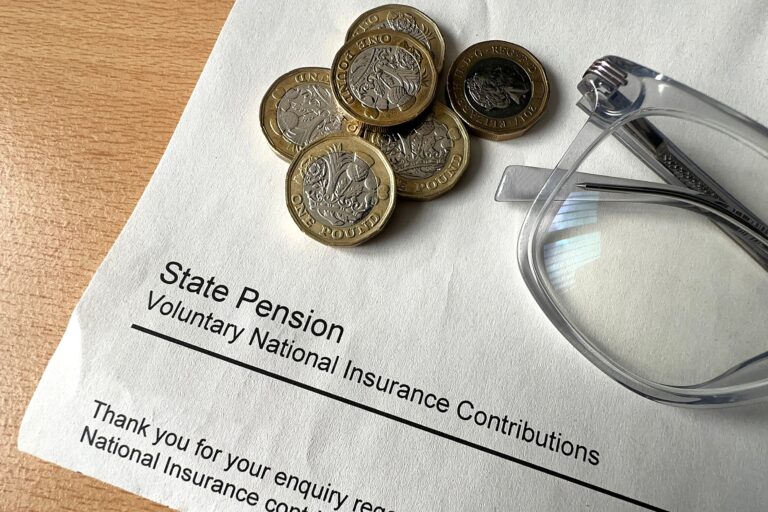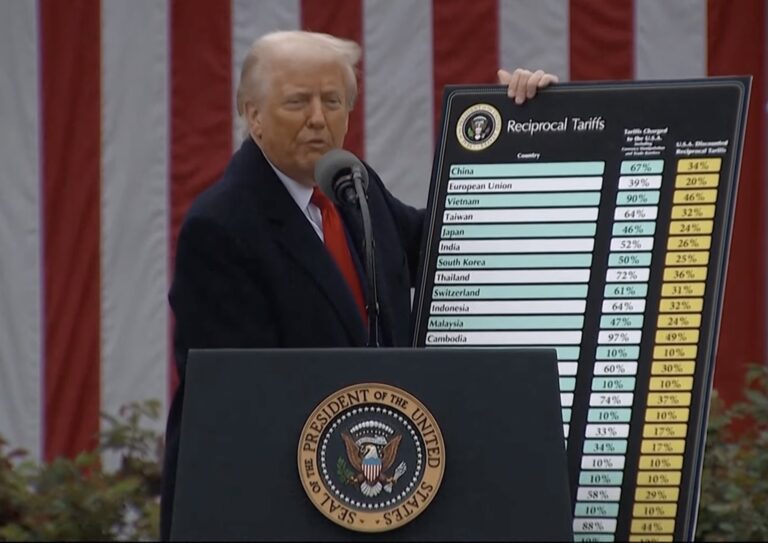Introduction
Junior ISAs, were introduced in November 2011, they replaced Child Trust Funds as tax-efficient long-term savings accounts for children under 18 residing in the UK, provided they haven’t invested in a Child Trust Fund. Exceptions apply for children of Crown servants (for example, you work in the UK’s armed forces, diplomatic service or overseas civil service) and living outside the UK who depend on their care. A child cannot have both a Junior ISA and a Child Trust Fund account simultaneously, but a Junior ISA can be opened, and funds from a trust fund can be transferred into it.
Junior ISAs come in two types: cash Junior ISAs and stocks and shares Junior ISAs. A child can have either or both, with a combined annual contribution limit of £9,000 for the tax year 2024/25. If the child is under 16, the account must be opened by a parent or step-parent with parental responsibility, who becomes the ‘registered contact’ and sole authority to manage the account.
Contributions can be made by anyone within the annual limit of £9,000, but only the child can access the funds at age 18. If left untouched, the Junior ISA automatically converts into an adult ISA. Withdrawals before the child turns 18 are only permitted if the child is terminally ill, in which case the ‘registered contact’ can withdraw the funds, or in the unfortunate event of the child’s death, where the money is inherited by the estate’s beneficiary.
1. Junior Cash ISAs
A Junior Cash ISA operates similarly to a traditional savings account offered by banks or building societies, with the key distinction that the funds are inaccessible until the child reaches age 18. However, Junior Cash ISAs offer a significant advantage: neither your child nor you, as the parent or guardian, are required to pay tax on the interest earned on their savings. This tax-free feature makes Junior Cash ISAs an attractive option for long-term savings and investment for children.
2. Stocks & Shares Junior ISAs
With a Junior Stocks and Shares ISA account, you have the opportunity to invest your child’s savings in various assets such as funds, shares, and bonds. Profits generated from trading these investment funds within the account are exempt from taxation.
It’s important to note that investments carry inherent risks compared to cash savings. However, they also offer the potential for higher returns.
The value of a Junior Stocks and Shares ISA can fluctuate, meaning there is a possibility for both gains and losses.
3. Which Junior ISA is right for your child?
When deciding between a Junior Cash ISA or a Junior Stocks & Shares ISA, consider your child’s age, and what the JISA primarily is for, perhaps towards costs of their education, including university fees or perhaps helping them build a deposit for buying their first home. When it comes to Junior Stocks & Shares ISAs you need to be comfortable with the level of risk you are willing to take, for their ISA(s) to potentially grow. You may opt for a combination of both types of Junior ISAs to balance risk and return. It’s also essential to regularly review and adjust your investment strategy as your child grows older and your financial circumstances change.
4. Will My child’s Junior Cash ISA be safe & Secure?
Cash deposited into authorised UK banks or building societies benefits from protection under the Financial Services Compensation Scheme (FSCS). This scheme ensures that deposits of up to £85,000 per person in any one authorised firm/ institution are safeguarded, even in the event of the institutions collapse.
The FSCS savings protection limit stands at £85,000 per person (£170,000 for joint accounts) per authorised firm, provided the bank or building society is authorised by the Prudential Regulation Authority.
It’s important to note that certain banking brands operate under the umbrella of the same authorised institution. Therefore, if you hold deposits exceeding the protection limit within the same bank or authorised firm/institution, it’s advisable to redistribute the excess amount to ensure the full protection of your funds.
5. Will My child’s Junior Stocks & Shares ISA be safe & Secure?
Investment fund assets are securely held by a custodian on behalf of investors, ensuring their protection. In the unfortunate event that an authorised investment institution defaults and is unable to fulfill its obligations, the Financial Services Compensation Scheme (FSCS) steps in to provide compensation. Under the FSCS, investors may receive compensation of up to £50,000 per person, per institution, to help mitigate losses incurred due to the institutions default.
It’s important to note that compensation under the Financial Services Compensation Scheme (FSCS) is not available solely because the value of your investment has decreased below its original purchase price. The FSCS provides compensation in specific circumstances, such as when an authorised investment firm/institution goes into default and is unable to fulfill its obligations, resulting in financial loss for investors. Therefore, fluctuations in the value of investments due to market conditions or other factors do not typically qualify for compensation under the FSCS.
Conclusion
We have explored the difference between a Junior Cash ISA & a Stocks & Shares Junior ISA. hopefully this has given you an overview of the two it’s worth bearing in mind that not only can parents fund their child’s Junior ISA but grandparents, other members of the family and friends can fund it as too, as long as it is up to the £9,000 allowance per child (2024/25).
Starting to save early can significantly benefit your children’s financial future. Junior ISAs provide an excellent opportunity to save and invest on your child’s behalf. With the advantage of tax-free earnings, the funds you contribute can grow more rapidly over time, giving your child(ren) or grandchild(ren) a helping hand on their path to a secure Financial future.
Past Performance is not a reliable guide to future performance and the value of asset-backed investments can fall as can any income derived from them.









